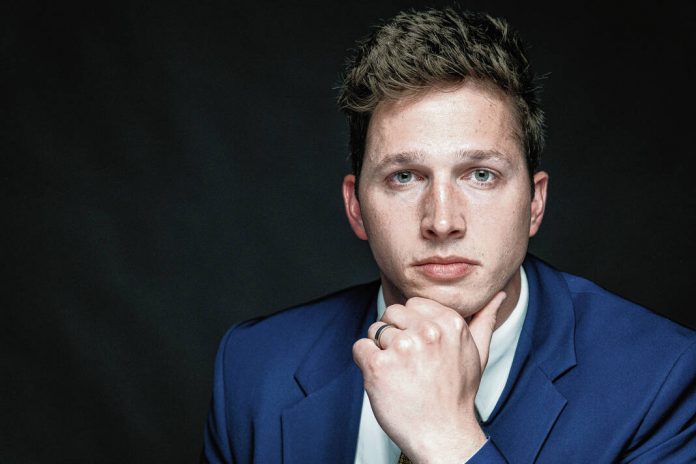Meet the lawyer who’s trying to flag judges who harass their clerks
Aliza Shatzman is devoting herself to giving judges a hard time.
She spends a lot of time fielding complaints from law clerks, who tell her stories about bullying, gender discrimination and harassment. She said those complaints come from mostly young law school graduates at the start of their careers who have few places to turn inside the federal judiciary to report their concerns anonymously.
That’s why she’s created a database to gather such stories and warn students about hostile situations, before it’s too late.
“The judiciary needs some more people to poke at it,” Shatzman said. “There are far too many judges who are mistreating their clerks and we need to hold them accountable.”
Some 30,000 employees who work for the federal courts are not covered by civil rights protections most other workers enjoy. Congress has proposed expanding their rights, but the judiciary for years has successfully resisted, citing concerns about its independence and the separation of powers. That means courts that hear employment discrimination and retaliation claims filed by workers are themselves exempt from such lawsuits.
A new legislative push to expand civil rights protections could come later this year, according to aides for Rep. Hank Johnson, D-Ga., and Norma Torres, D-Calif.
Until then, Shatzman’s Legal Accountability Project has been surveying clerks to try to identify problematic situations. She recently launched a database that’s gathered 1,000 such surveys from former clerks, who are encouraged to share anonymously the good, the bad and the ugly experiences they’ve had — even as some of the country’s largest and most prominent law schools resist the effort.
“Law schools have not been held accountable for their role in these problems,” Shatzman said. “They have been sending students to known or suspected harassers for decades.”
Shatzman said she thinks some law schools










